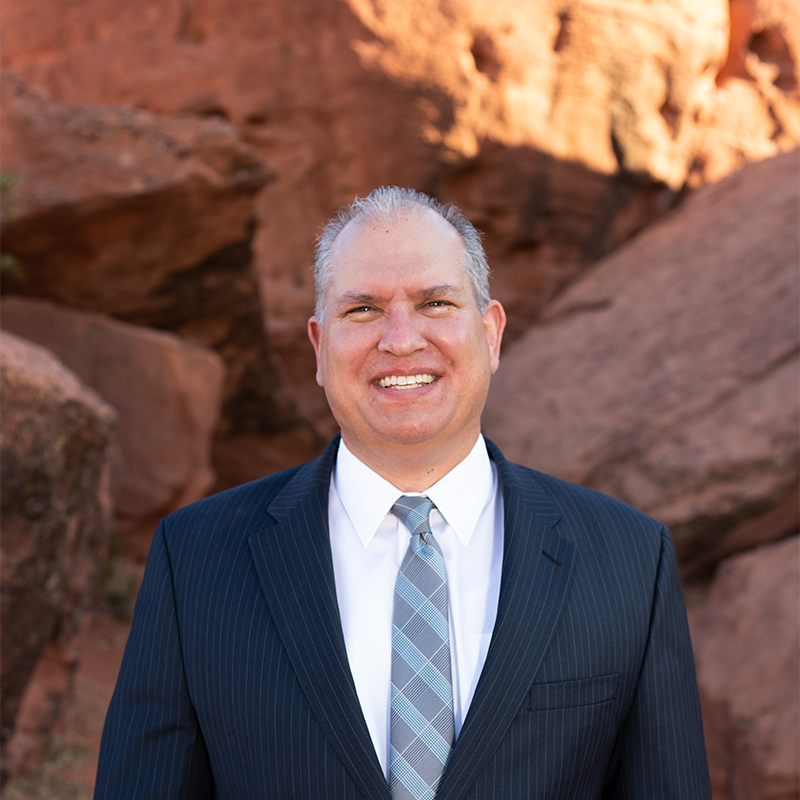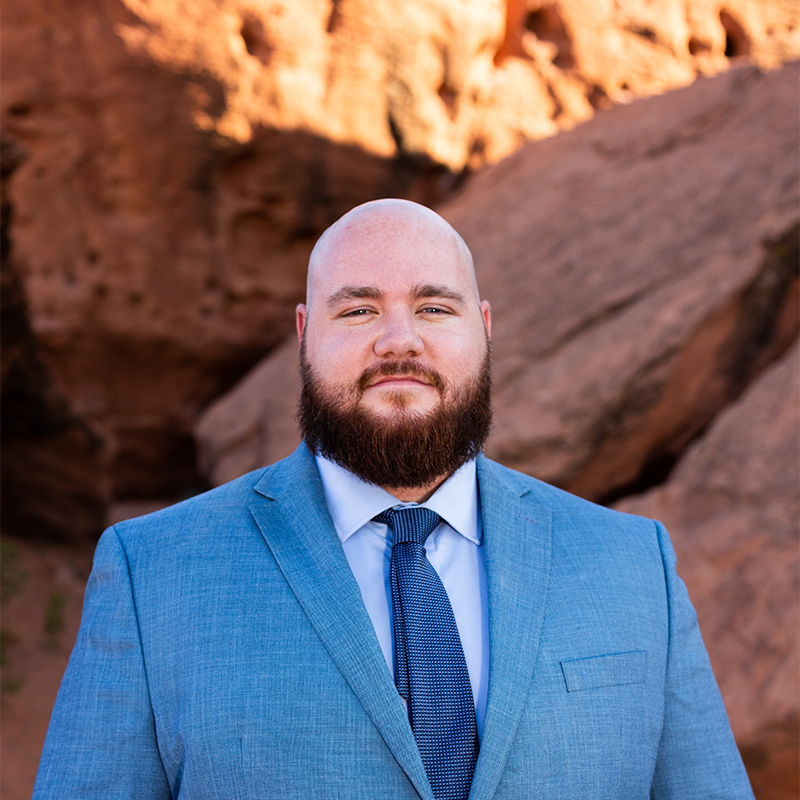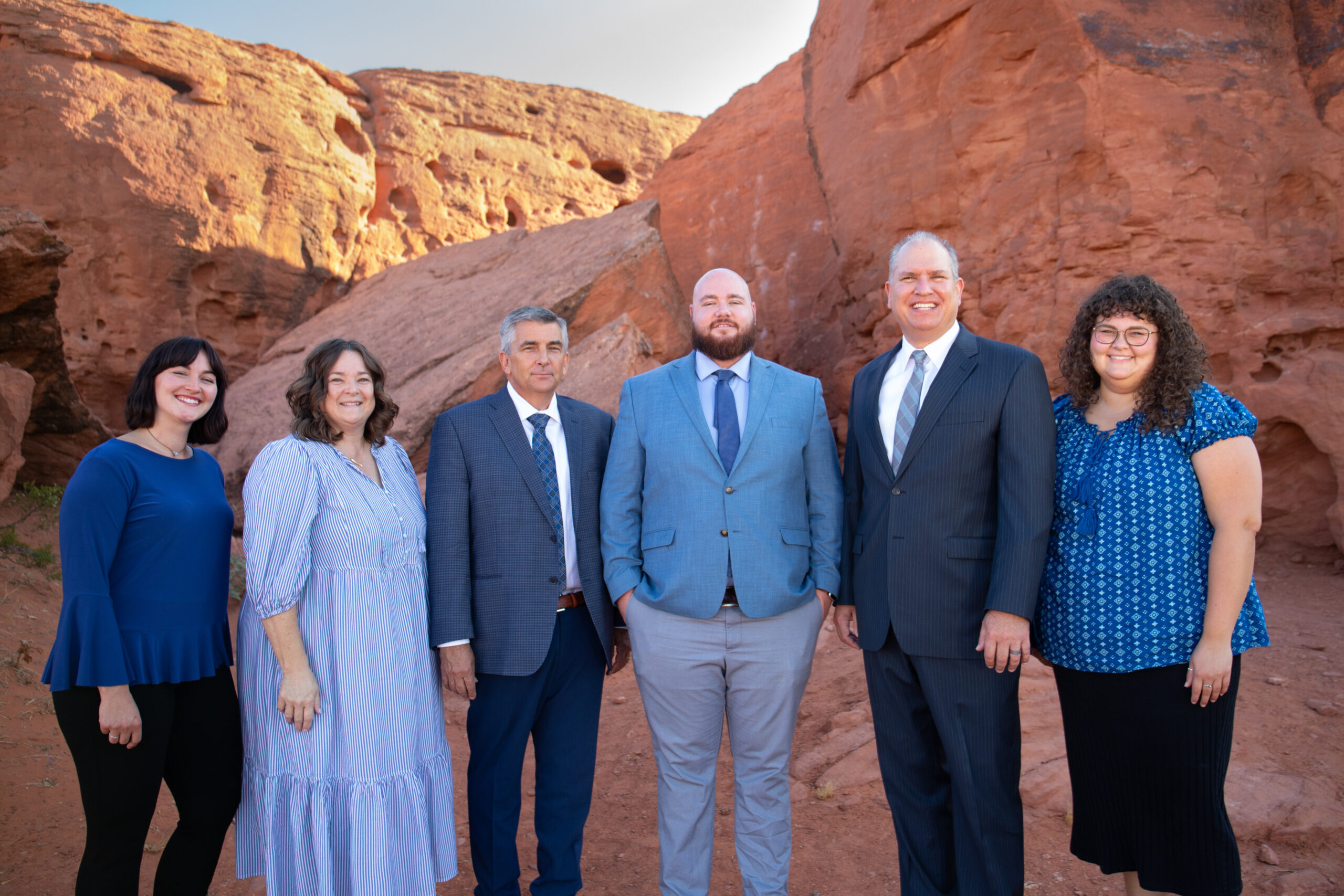Protect Your Hard Earned Money
Preserve Family Relationships
Control Probate Challenges
Protect Your Hard Earned Money
Preserve Family Relationships
Control Probate Challenges
Practice Overview
The breadth and depth of our experience will give you confidence in the information and tools we give you to carry out your intentions.
Meet Our Team
In January 2004, Brent Brindley and M. Sean Sullivan left regional law firms and established
the law firm of Brindley Sullivan, PLLC. Mr. Sullivan has limited his practice to wills, trusts,
probate, guardianships, conservatorships, asset protection, business succession,
fiduciary duties and rights, beneficiary rights, and charitable giving.

M. Sean
Sullivan

Brent M.
Brindley

Andrew S.
McCullough

Shelbi
Post

Joy
Brindley

Amy
Nicholls
Hear What Other People Have to Say
Let’s Chat
Request a FREE consultation for your Will, Trust, or Estate & Asset Planning.




